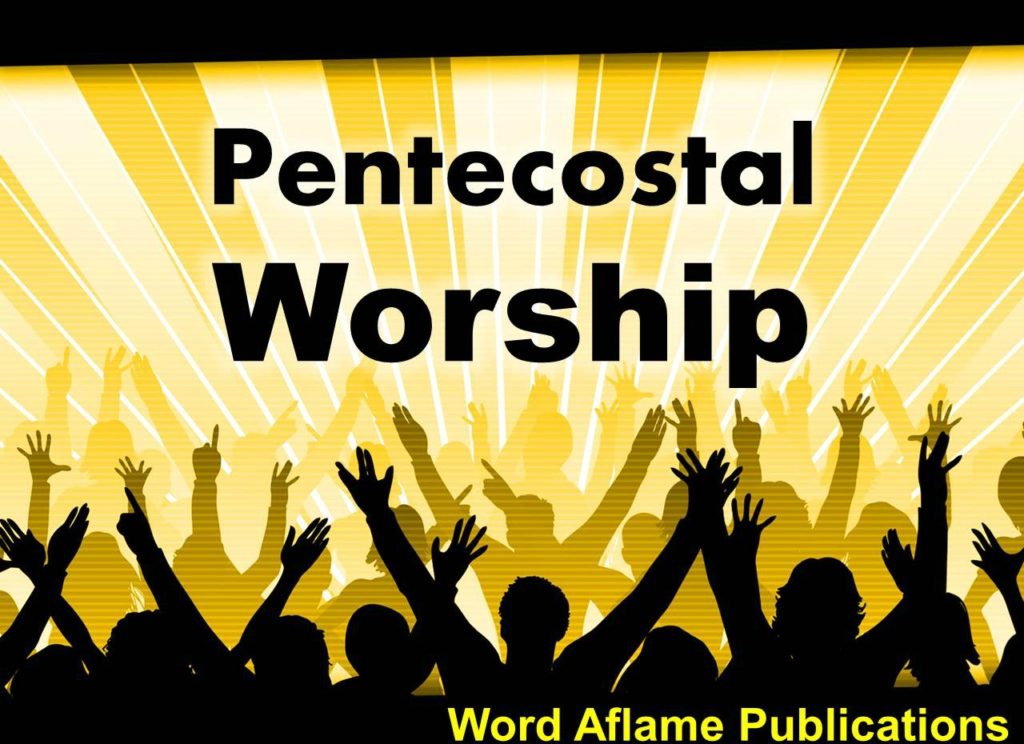The Pentecostal Christian Church represents a dynamic and vibrant manifestation of the Christian faith. Tethered to the roots of early Christianity, this movement emerged in the early 20th century and has since blossomed into a global phenomenon characterized by its passionate worship, fervent prayer, and an unwavering belief in the active presence of the Holy Spirit. To understand what constitutes a Pentecostal church, it is essential to delve into its theological foundations, distinctive practices, and the Spirit-filled worship that defines its identity.
At the heart of Pentecostalism lies a profound emphasis on the work of the Holy Spirit. Pentecostals believe that the Spirit is not simply a distant influence but a tangible presence active within the lives of believers. This conviction harks back to the day of Pentecost, as recorded in the Book of Acts, when the Holy Spirit descended upon the apostles, filling them with power to evangelize and establish the early church. The experience of being “baptized in the Holy Spirit,” often evidenced by speaking in tongues, is a cornerstone of Pentecostal belief, illustrating the transformative power of divine encounter.
The theology of the Pentecostal church is rooted in the concept of salvation as a holistic experience. It encompasses not just the forgiveness of sins but also a transformative relationship with Christ, leading to spiritual renewal and empowerment through the Holy Spirit. Pentecostals affirm a personal connection to God, wherein individuals are invited to experience His grace and mercy intimately. This understanding fosters an environment of expectancy and spiritual fervor, as congregants anticipate the manifestation of God’s presence in their lives and communal gatherings.
Pentecostal worship is characterized by its exuberance and passionate expression. Unlike traditional liturgical practices that may adhere to a fixed structure, Pentecostal services exude spontaneity, often guided by the leading of the Holy Spirit. This informal yet profound manner of worship promotes an atmosphere where believers can engage wholeheartedly without reservation. Music plays an integral role, with contemporary worship styles featuring lively rhythms and engaging lyrics that inspire congregants to lift their voices in praise and adoration. The incorporation of various artistic expressions—such as dance, drama, and visual arts—contributes to an enriched worship experience, making it both visually and spiritually captivating.
Moreover, the act of prayer is steeped in significance within the Pentecostal community. Prayer meetings, both collective and individual, resonate with fervent supplication, intercession, and thanksgiving. The belief in the power of prayer to elicit divine intervention is deeply rooted in the Pentecostal ethos, creating a culture where members are encouraged to bring their needs and desires before God in faith. The dynamic nature of prayer varies from meditative silence to boisterous declarations, signifying the array of personal experiences that typify the connection between believers and their Creator.
Another intriguing aspect of Pentecostalism is its approach to scriptural interpretation. While firmly rooted in biblical orthodoxy, Pentecostals advocate for a contextual understanding of Scripture that emphasizes the ongoing relevance and application of biblical truth to contemporary life. This approach inspires believers to explore the depths of the Word and expect revelations that may lead to personal transformation and community impact.
The communal aspect of Pentecostalism further enhances its distinctive character. Pentecostal churches often prioritize fellowship and community, wherein congregants are viewed not just as members but as an integral part of the spiritual family. Small groups, home fellowships, and outreach initiatives provide opportunities for relationship-building, accountability, and mutual support. This fellowship reinforces the notion of holistic living, as individuals walk alongside one another in their spiritual journeys while being rooted in shared faith and values.
For those who aspire to join a Pentecostal church or seek to understand its essence, it is essential to recognize the open-heartedness that permeates these communities. The steadfast belief in the supernatural—a hallmark of Pentecostal worship—invites curiosity and intrigue. From miraculous healings to prophetic insights, the narrative of Pentecostal life is often filled with unique experiences that challenge the extraordinary and ignite seekers’ interests in the divine. The claim that God actively works in the world today raises pertinent questions and often positions Pentecostals as bold witnesses to the reality of the supernatural.
Yet, it is paramount to balance such enthusiasm with discernment. While the affirmation of the supernatural enriches the Pentecostal mission, it invites discussions about the nature of such experiences and their alignment with biblical truth. The call for tested and discerned spiritual practices remains crucial as congregants navigate the rich tapestry of faith, tradition, and personal experience. Harnessing an inquisitive spirit while adhering to scriptural foundations is an essential practice in the quest for authentic worship.
In essence, the Pentecostal Christian Church envisions a life transformed by the Holy Spirit, marked by fervent worship, lived-out faith, and a commitment to community. Such a spiritual journey invites individuals to experience the fullness of God’s promises, culminating in a tapestry of vibrant worship and authentic relationships. For seekers and believers alike, an exploration into Pentecostalism reveals not merely a theological stance but a profound invitation—to engage with God actively, participate in communal faith, and embrace the extraordinary possibilities that lie beyond the ordinary.
In conclusion, the journey into understanding what defines a Pentecostal Christian Church cannot be encapsulated by mere definitions. Rather, it offers an enriching opportunity to engage with the divine, explore depth in faith, and stretch the boundaries of one’s spiritual perspective. Through embracing the promises of a Spirit-filled life, individuals are drawn into a transformative experience that captivates both heart and mind, reshaping their understanding of worship and their relationship with God, the church, and the world around them.



